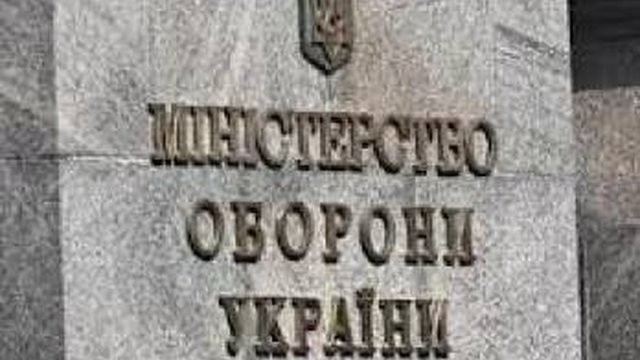Russia concentrates about 43,000 troops along Ukrainian borders

The Russian Federation has concentrated about 43,000 servicemen along the Ukrainian border, First Deputy Defense Minister of Ukraine Ivan Rusnak has said.
"On the territory of the Russian Federation, in the immediate vicinity of the Ukrainian border, there are currently deployed military units of the Russian Federation with more than 18,000 servicemen, 1,380 tanks and infantry fighting vehicles, about 300 artillery systems and Grad MLRS, 700 combat helicopters and aircraft, and 24 warships," he said during a meeting of the Ukraine-NATO interparliamentary council in Kyiv on Wednesday.
Rusnak informed that the Russian authorities are increasing the militarization of Crimea - the number of Russian troops in combat units on the peninsula is about 24,000 persons.
In addition, he said, the Russian military contingent of 1,000 people in the Trans-Dniester region of Moldova "can be used at any time to attack our territory."
The deputy minister said Russian authorities had formed two army corps numbering 36,000 people in the territory of Luhansk and Donetsk regions. The number of Russian regular units on the territories of Donbas that are not controlled by Kyiv amounts to 2,900 people.
"Russia is testing new ways and forms of combat operations and new weapons in Ukraine," the representative of the Defense Ministry said.
Rusnak did not rule out that the territory of Belarus "can also be used for invasion." He recalled that the plan of Russian-Belarusian military drills 'West-2017' provides for a large-scale redeploying of troops from Russia to Belarus using about 4,000 railway cars.
"Such large-scale movements can testify to Russia's plans to transfer a significant part of its personnel to Belarus and deploy a large-scale paramilitary group there. It is possible that Russia can use the military exercises for the next provocations on the territory of Ukraine and the Baltic states," Rusnak said.










